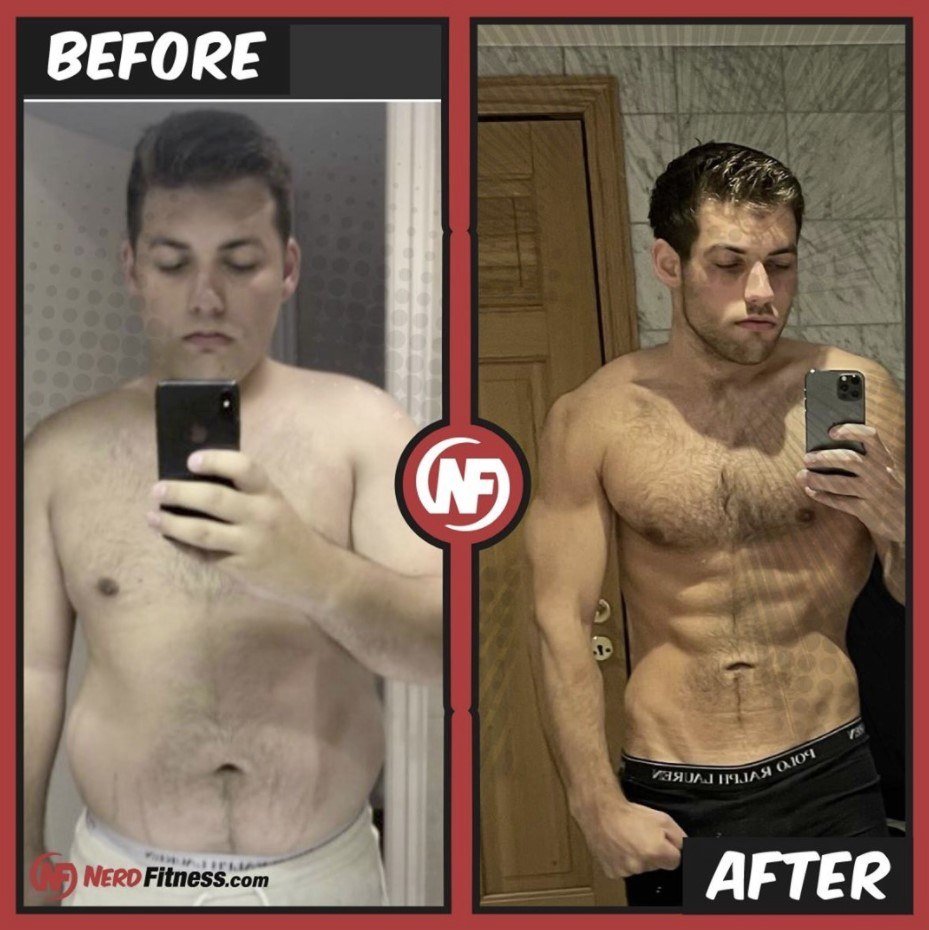
How often should I exercise? This is a question that has been asked for centuries, and the answer depends on my goals and my health. It's important to exercise as much as you can if you want to stay healthy, but it also makes sense to focus on the right amount of workout time so you don't overtrain or burn out.
How long should I exercise per week?
Answers to this question are different for everyone. However, a good rule of thumb says that you should work out at least 4 days per week. This gives you enough time each week to complete a full-body exercise and still allow your body some time to rest.
If you are new at working out or you haven’t worked out in some time, it’s best to start with short workouts, less than an hour. This will help build your strength so you don't get burned out when you move on to longer workouts.

You can add some extra time to your routine once you become stronger. That will allow you to incorporate more exercises in each session, so you can keep working toward your fitness goals without sacrificing your overall workout time.
What if I Have an Intense Workout?
You should plan a rest period if you are doing a lot high-intensity exercise. This allows you to stretch out and recover. The American Council on Exercise recommends taking at least one break in your workout each day, but it's also a good idea to take a full day off every week to give your muscles a chance to recover.
What Should I Do If My Workout is Moderately Extensive?
You should spend at least one hour in the gym for moderately intense exercises. This time is sufficient to give you a good strength-training workout for your entire body each week. It also gives your body the time it needs to recover and rest.
How Often Should I Perform a Full-Body Workout?
Do a full-body exercise twice a week if you want to build muscle. The workout doesn't have be an intense 2-hour session, but you need to focus on all the major muscle groups to get maximum results.

NF coach Staci Ardison preps her meals every Sunday and works out in the evenings or late afternoons because this is when she can most easily stick to her routine.
Give yourself at least a day's rest between each session, especially if this is your first workout or you have a busy schedule. You can then give your body time to recover and relax between workouts, so you continue to see the results you want.
How Often Do I Need to Workout For Weight Loss?
If your goal is to lose weight, it's important to make sure you're getting plenty of cardio each week. The Centers for Disease Control and Prevention advises 30 minutes of aerobic exercise at least three days a week.
FAQ
Do I need to get warm before going out?
Warming up before an activity reduces muscle soreness and improves performance. Warming up can take many forms, including walking, running or jumping rope, stretching, or cycling. You can start slowly and increase your intensity gradually.
Is it safe and legal to exercise in cold conditions?
Exercise outside whenever possible. While the air temperature is a major factor in determining whether or not it's safe to exercise outside, it's not the only one. Other factors include visibility, humidity, precipitation and wind speed. Wear layers of clothing to keep you dry from rain and windchill when you exercise outside in inclement conditions.
What happens if my sleep is not enough?
If you don't get enough sleep, your brain doesn't receive the signals needed to regulate hormones and chemicals in regulating appetite and metabolism. As a result, your body may become more hungry and can gain weight. Overeating can also be caused by a lack of sleep.
How does caffeine affect my sleep?
Caffeine affects how long it takes you to fall asleep and how soundly you sleep. Caffeine makes falling asleep easy by causing drowsiness. You may stay awake for longer periods, which makes it more difficult to fall asleep. You should not drink energy drinks or coffee right before bed.
Statistics
- One study showed that adults who watch more than 4 hours of television daily had an 80% higher risk of death from cardiovascular disease. (heart.org)
- According to the Centers for Disease Control and Prevention, chronic diseases cause 7 out of 10 deaths in the U.S., and treating chronic diseases accounts for 86% of U.S. healthcare costs. (mana.md)
- In 2018, the World Health Assembly agreed on a global target to reduce physical inactivity by 15% by 2030 and align with the Sustainable Development Goals. (who.int)
- In high-income countries, 26% of men and 35% of women were insufficiently physically active, as compared to 12% of men and 24% of women in low-income countries. (who.int)
External Links
How To
How to Burn Belly Fats Quicker
Belly Fat is often thought of as a problem when trying to lose fat. When you stop and think about it, Belly Fat can actually be a blessing. Your organs are protected from being damaged by excess belly fat. Let's look at how to rapidly lose belly fat.
Lack of exercise and stress are the main reasons we store body fat. Because of its stimulation of the production hormone cortisol, stress can make us feel hungry continuously. Cortisol raises insulin levels. The excess calories are stored as fat by insulin. An increased appetite can be caused by a lack of sleep. Exercise helps to break down these extra calories.
There are many options to reduce belly weight. Depending on your budget, you can try each one. Here are some tips to help you get rid of belly fat quickly.
-
Eat less food. You should eat smaller meals throughout the day than you would if you ate three big meals. You'll eat fewer calories this way.
-
Drink lots of water. Water helps flush out toxins from the body and keeps you hydrated. You won't overeat if you drink water before you eat.
-
Avoid unhealthy snacks. If you're looking for quick fixes, snack foods like chips, cookies, candies, etc. might seem tempting. But avoid these fattening treats as they contain lots of empty calories and too much sugar. Choose healthy alternatives like fruits and vegetables, nuts, seeds, whole grains, and seeds.
-
Strength training should be done at least three times per week. Strength training helps build muscle mass, which means that you can burn more calories even when you are resting. It strengthens bones and muscles, ligaments, muscles, tendons, heart, lungs, as well as joints.
-
Walking or stretching is a good habit to do regularly. Stretching helps to improve flexibility and mobility, which reduces back pain. Walking can help you burn calories.
-
Reduce alcohol intake. Avoid alcohol.
-
You can lose weight slowly. Your current weight is the first step to losing weight. Then, add 5% to 10% to your body weight to get your ideal weight. Once you have calculated your target weight, start reducing calorie consumption by 500-1000 calories daily until you reach your goal.
-
Avoid processed foods. These foods are high on sugar, salt, and additives. Although they are convenient, processed foods don't have enough nutrients to sustain your health.
-
Don't skip breakfast! Breakfast improves concentration, memory, energy, and stamina. Protein (like eggs), fiber and complex carbohydrates (like oatmeal) should be included in breakfast.
-
Have regular bowel movements. Bloating and gas can be caused by irregular bowel movements and constipation. Increase your fiber intake and drink lots of water.